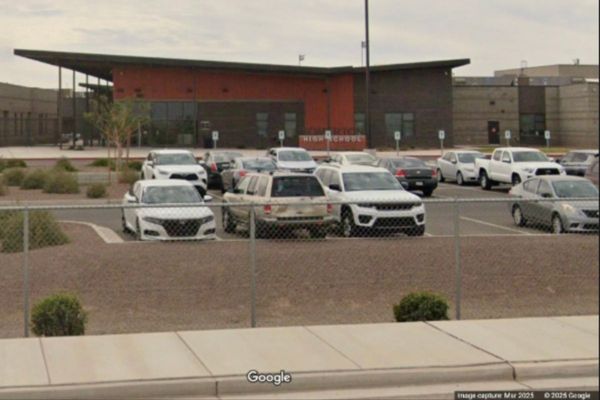
Washington (AFP) - Labor activists Wednesday were celebrating California's move to have drivers treated as employees by rideshare firms even as it fueled concerns it will hurt digital platforms depending on the so-called "gig economy."
A landmark bill was approved 29-11 late Tuesday in the state senate, with the assembly -- which has already approved the measure -- expected to send it to California Governor Gavin Newsom.
The legislation, which is being closely watched in other states, responds to critics who argue that companies like Uber and Lyft shortchange drivers by denying them employee benefits.
The law, if enacted, challenges the business model of the rideshare platforms and others which depend on workers taking on "gigs" as independent contractors.
"This is a huge win for workers across the nation!" tweeted the California Labor Federation, which endorsed the bill known as AB 5.
"It's time to rebuild the middle class and ensure ALL workers have the basic protections they deserve."
Newsom said however he was in talks with Lyft and Uber on a possible compromise, according to the Wall Street Journal.
The governor planned to "stay at the bargaining table, to continue to negotiate," the report said.
Uber has no plans to immediately reclassify drivers as employees in January, when the law takes effect.
The law "does not provide drivers benefits; give them the right to organize, or classify them as employees," Uber chief legal officer Tony West said on a call with reporters.
Uber will press for a new classification that considers workers independent while guaranteeing benefits, and has allocated millions of dollars to get a referendum on the ballot to support an option that would let drivers remain independent while providing safety nets.
"It was a leadership moment that was lost by California, to be able to lead that third way that fits th 21st century economy and the way the world works today," West said.
West added that drivers would lose by being forced to work shifts, and not being able to "dual-app" by working for more than one rideshare service.
"Based on what drivers tell us, they are not changes that they would welcome," he said.
Business model challenged
Lyft spokesman Adrian Durbin said in a statement after the vote that the state's political leadership "missed an important opportunity to support the overwhelming majority of rideshare drivers who want a thoughtful solution that balances flexibility with an earnings standard and benefits."
Durbin added: "We are fully prepared to take this issue to the voters of California to preserve the freedom and access drivers and riders want and need."
Lorena Gonzalez, the Democrat who authored the bill, said the legislation helps protect the drivers and stops platforms offloading social costs.
"We cannot sit by while companies pass off their own costs of doing business onto California's taxpayers and responsible businesses, while depriving millions of workers of the labor law protections that they are rightfully entitled to," Gonzalez said in a recent statement.
Creating a safety net
Lyft and Uber have argued that a large number of their drivers want to be able to work on their own schedule without the restrictions of full-time employment.
Arun Sundararajan, a New York University professor and author of "The Sharing Economy," said the California lawmakers failed to consider ways to offer social benefits while supporting a more flexible labor model.
The bill "will hurt all of the platforms through an increased cost structure," Sundararajan told AFP.
"But it will hurt the smaller platforms more because they will be less able to spread demand across the workforce."
He expressed disappointment that the legislators failed to address a way to offer health care and retirement benefits that are not linked to full-time employment.
"There's no reason why someone has to be boxed into the full-time employment category in order to get benefits," he said.
Still, he said the emergence of digital platforms and sharing economy models means this segment is likely to continue to grow despite the legislative moves.
"I wouldn't say this is a turning point, it just means there is still a lot of work to be done to fashion a social safety net," he said.
Daniel Ives, a Wedbush Securities analyst who follows the tech sector, said the matter is far from resolved.
"We fully expect gig economy companies to continue to push back and find a middle ground, but it's unclear if and how much they will start paying in the interim period," Ives said in a research note.
"We think a middle-ground approach is actually the best outcome for all constituents; the companies, drivers, and riders."







